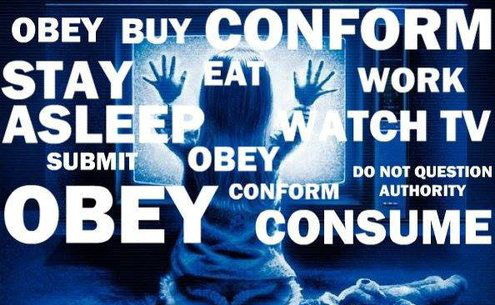From Disability To Politics – Does The Media Have Its Own Agenda?
THREE MONTHS AGO we reproduced an article – http://nationalliberal.org/disability-a-voice-for-change – by West Midlands based Simon Stevens. It was originally published a year ago by the well-known online publication the Huffington Post.
In the interest of sparking further debate relating to disability issues, we now reproduce an earlier article (from May of last year) which looks at how the media portrays disabled folks. Mr. Stevens concentrates on TV – probably the most powerful media of all – and notes that whilst disabled people feature here, their impairment is used as symbolism for traits like helplessness and vengeance. ‘They reinforce the notion disability is either something to pity, or a reason to dislike the world and take revenge, especially in terms of being a supervillain.’
This suggests that elements of the media are working to their own agenda when they should really be making a true and accurate record of the events of the day. However, this media distortion isn’t just limited to those with disabilities. It’s also when it comes to reporting or portraying political parties – especially groups like ourselves who go way beyond the traditional ‘left/right’ divide.
With this in mind, one of the key aims of the National Liberal Party is to build the infrastructure of an alternative mass media of news, information and entertainment. We feel that this is the only way that any ‘alternative’ group will get their voice heard. And to build this alternative media we need to recruit hundreds of dedicated activists who will help us build a powerful, organisationally sound and fanatically determined movement that can challenge the establishment media.
Please note that there is no official link between the National Liberal Party and Simon Stevens. Thus, it should not be taken that Simon endorses the NLP or that we unconditionally support everything that he writes. Please take time out to check his website www.simonstevens.com You can also follow him on Twitter: www.twitter.com/simonstevens74
As usual, we’d appreciate any feedback on this article. When it appears on our Facebook page https://www.facebook.com/groups/52739504313/ leave your thoughts in the comments section.
.

From disability issues to politics the TV controls the minds of many people.
Just Having More Disabled People on TV Is Not Enough
FOR AS LONG as I can remember, one of the complaints from all corners I have heard is that there is not enough disabled people on television. While this can often feel the case, the reality is television has always included and portrayed people with a range of impairments, it is however just not in the way we may like.
Television and literature is full of disabled characters, although we may not obviously relate to them as disabled people, and includes people like Captain Hook, Tiny Tim, Ironside, many James Bond villains and the list goes on. The problem with these characters is that their impairment is used as symbolism for traits like helplessness and vengeance. They reinforce the notion disability is either something to pity, or a reason to dislike the world and take revenge, especially in terms of being a supervillain.
Date: July 5, 2016
Categories: Articles































